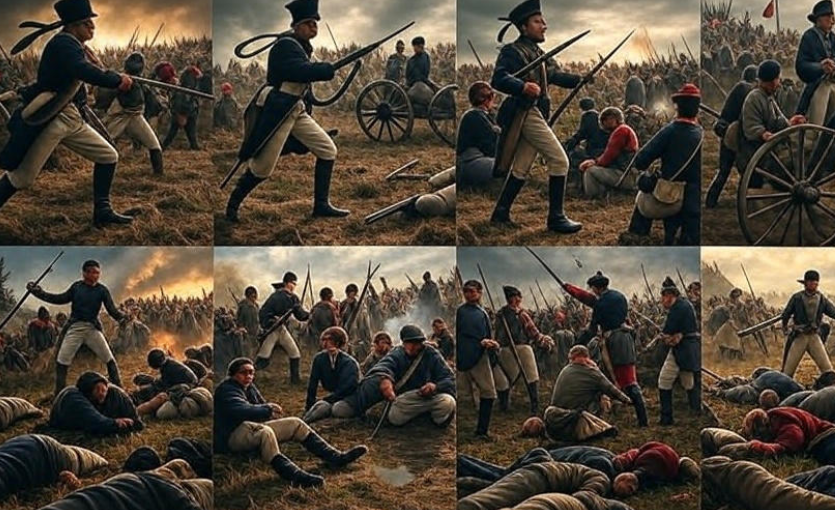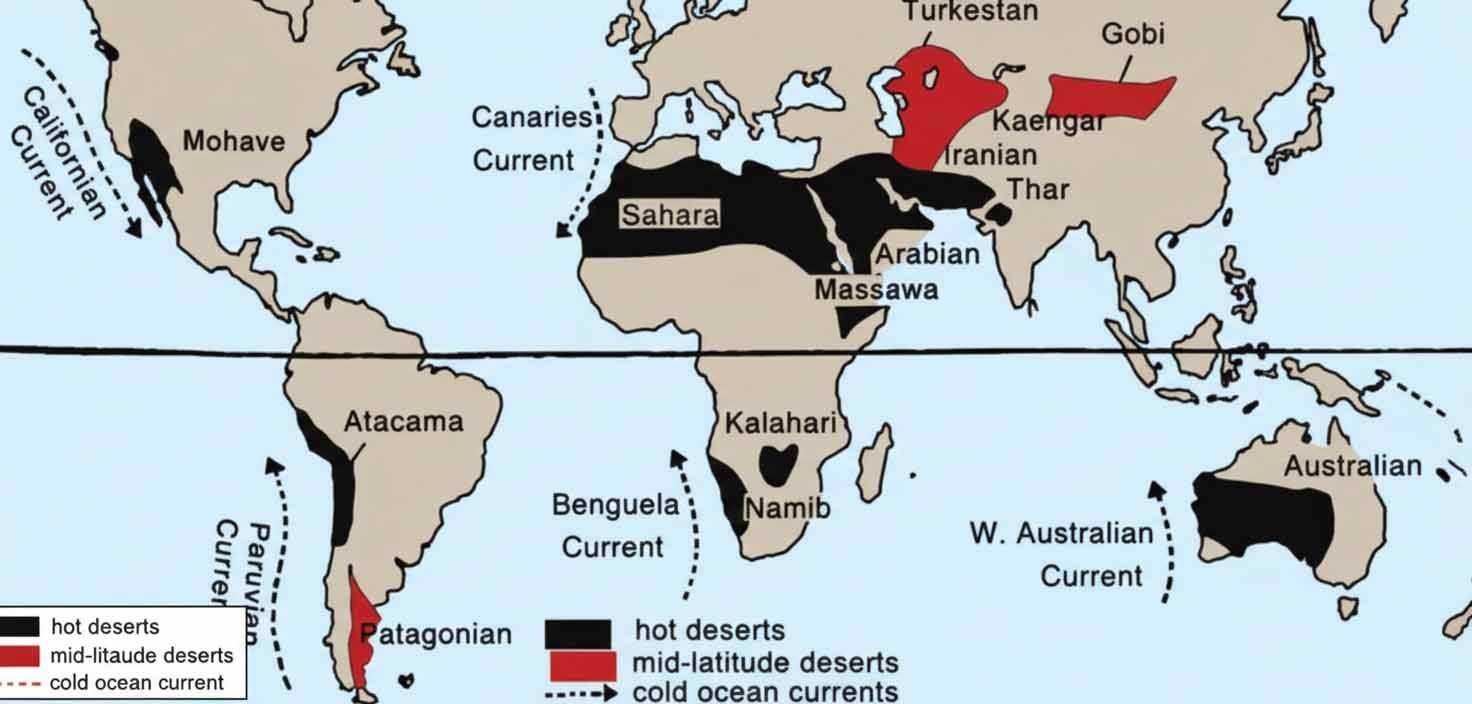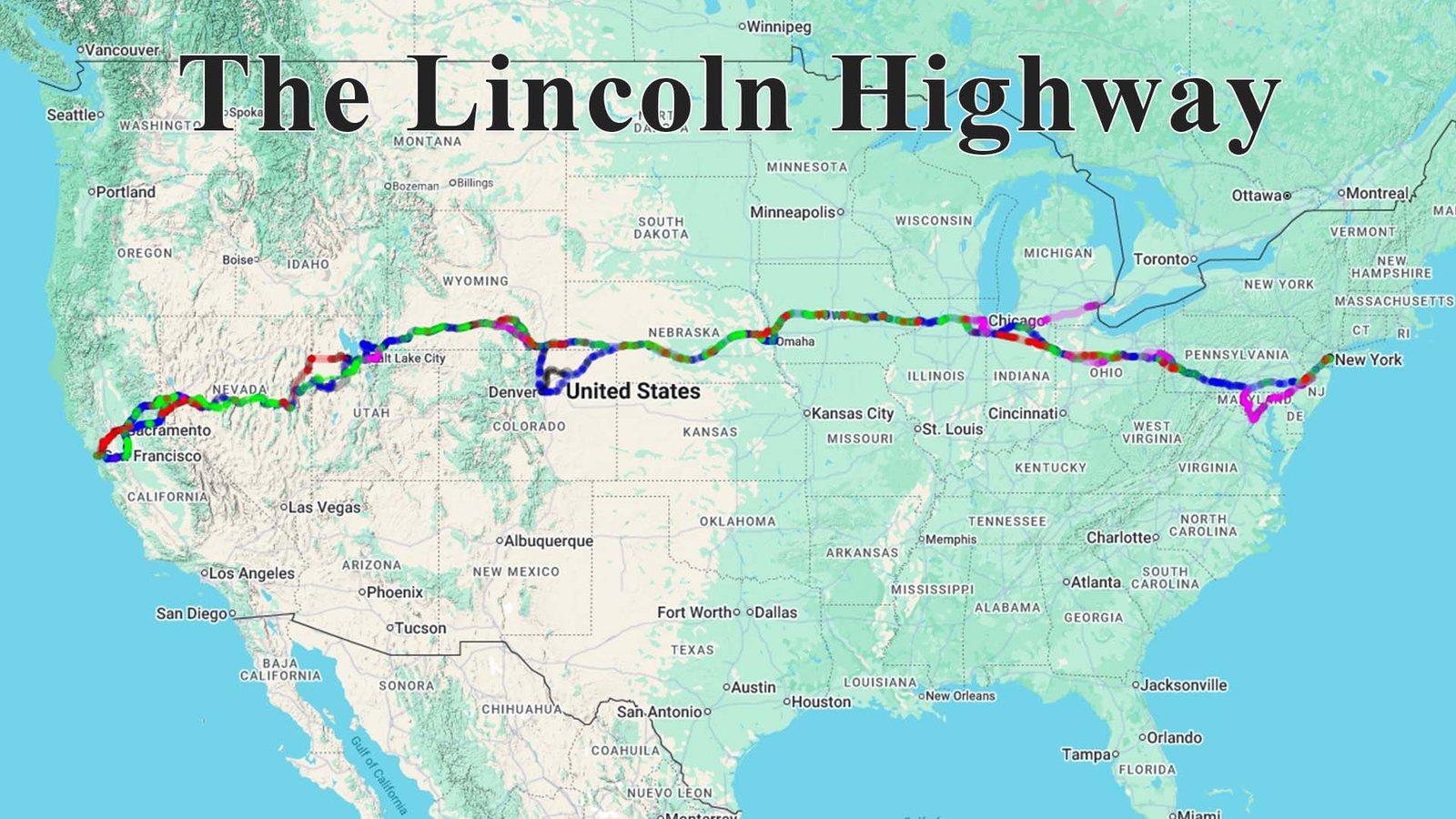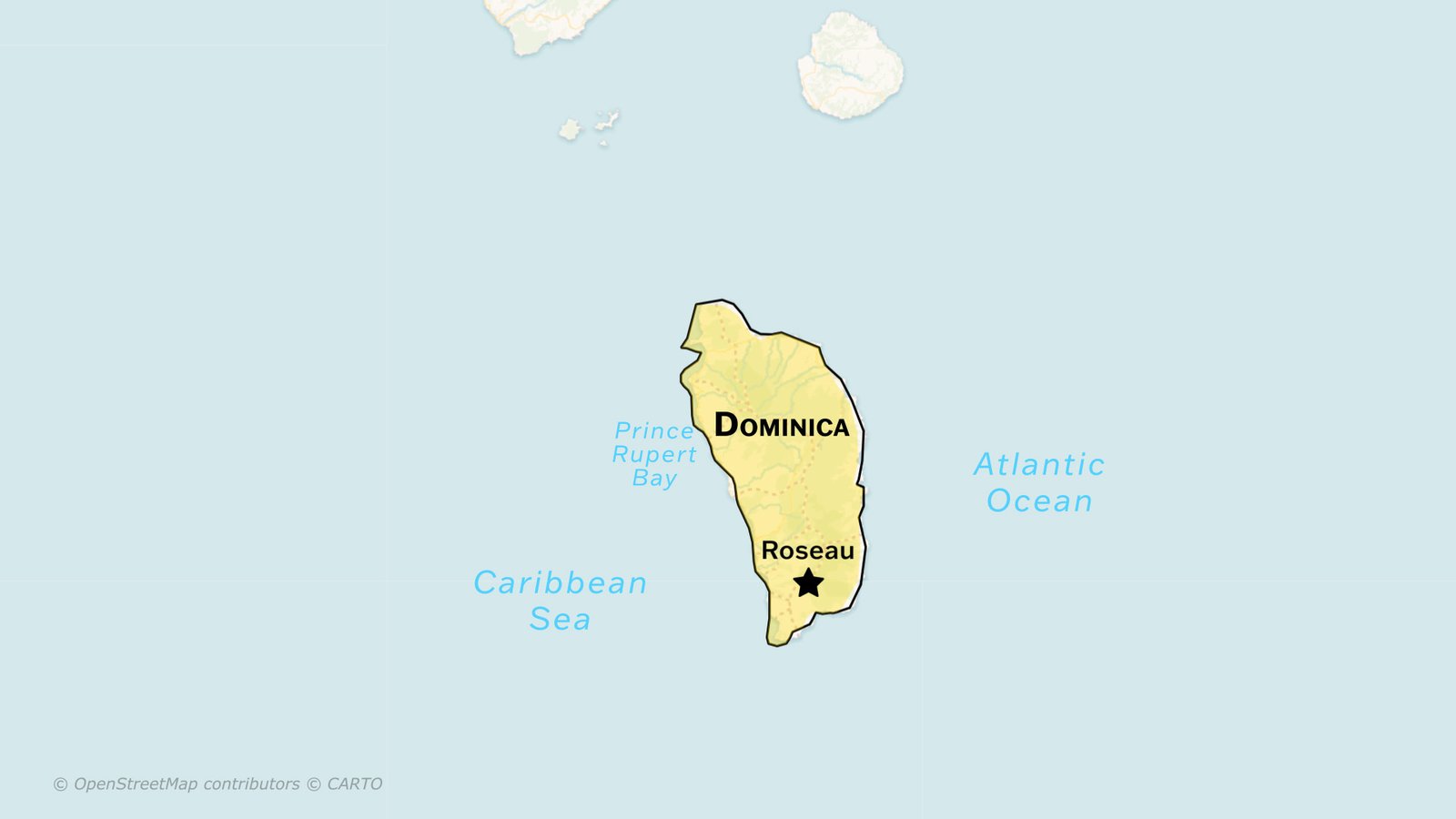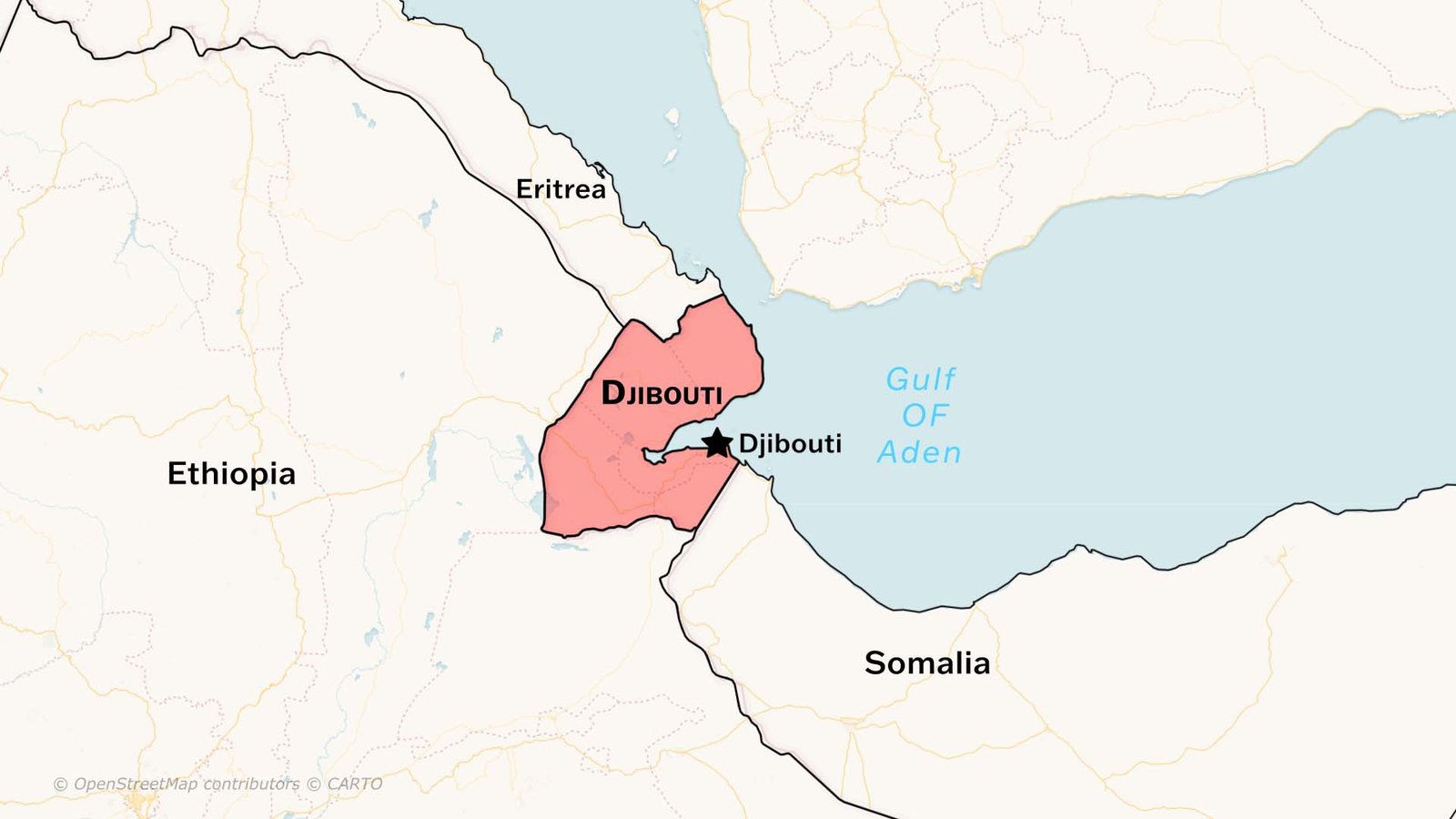Wars and battles have always been part of human history. Some of them were small and forgotten, but others were so huge that they completely reshaped nations, economies, cultures, and even the way people lived afterward. These battles were not just about winning or losing; they were turning points that defined the future of entire civilizations.
Let’s walk through 7 of the greatest battles that changed the course of history. I’ll keep it simple, straight to the point, but also engaging so you can see why each of them mattered so much.
Battle of Marathon (490 BC)
This was one of those moments where a smaller army shocked the world. The Athenians, fighting against the mighty Persian Empire, were badly outnumbered. Yet, they managed to defeat the Persians and protect Greece from being conquered.
Why is this so important? Because if Persia had won, Greek culture, democracy, and philosophy might never have developed the way we know it today. Imagine a world without Socrates, Plato, or Aristotle influencing modern thought. Marathon wasn’t just a Greek victory, it was a victory for Western civilization.
Fun fact: The modern marathon race comes from this event. A messenger supposedly ran about 26 miles to announce the victory in Athens. 🏃
Battle of Gaugamela (331 BC)
Here’s where Alexander the Great’s name truly became legendary. Facing the Persian king Darius III, Alexander was outnumbered again. But his clever strategies and the discipline of his troops allowed him to win.
This wasn’t just a win; it was the end of the Persian Empire and the start of Greek dominance across much of the known world. After this, Hellenistic culture spread everywhere—from Egypt to India. This cultural blending shaped art, science, and trade for centuries.
So, when you hear about Greek-style architecture or ancient libraries in Egypt, this battle is partly why they exist.
Battle of Hastings (1066 AD)
This one completely changed England’s destiny. William the Conqueror from Normandy defeated King Harold II, and after that, England was never the same.
What happened as a result? The Normans brought their own language, laws, and systems of governance. The English language itself became a mix of Germanic and Norman French influences, which explains why English has so many borrowed words today.
So yes, the reason English sounds the way it does today goes all the way back to Hastings. 🏰
Battle of Agincourt (1415 AD)
During the Hundred Years’ War, the English were exhausted, hungry, and sick. The French, on the other hand, had a much bigger and fresher army. Yet, the English longbowmen turned the tide of battle.
This fight showed how technology (like the longbow) could completely change traditional warfare. It also boosted England’s national pride, as their small army humiliated a larger, powerful French force.
Battle of Waterloo (1815 AD)
Napoleon Bonaparte had been reshaping Europe for years. But at Waterloo, he finally met his end. The British under Wellington and the Prussians under Blücher joined forces to stop him.
The defeat marked the end of Napoleon’s rule and changed Europe’s political map. It also gave birth to a century of relative peace in Europe, known as the “Concert of Europe.” Without Waterloo, Napoleon might have continued to expand his empire, and modern Europe could look very different today.
Battle of Stalingrad (1942–1943 AD)
One of the bloodiest battles in human history. The German army fought desperately to capture the Soviet city of Stalingrad during World War II. The Soviets, however, refused to give up. Street by street, building by building, they pushed the Germans back.
The result? Germany suffered a massive defeat, and this battle became the turning point on the Eastern Front. From that point on, the Soviet Union started pushing west, all the way to Berlin.
If the Germans had won at Stalingrad, the entire outcome of World War II might have been different. 🌍
D-Day / Battle of Normandy (1944 AD)
June 6, 1944—D-Day. Allied forces landed on the beaches of Normandy, France. This wasn’t just a battle; it was the beginning of the liberation of Europe from Nazi control.
It was risky, bloody, and uncertain, but it worked. The Allies opened a Western front, squeezed Germany from both sides, and eventually ended the war in Europe.
D-Day also showed the importance of international cooperation, as American, British, Canadian, and many other Allied troops fought together for a single cause.
Quick Comparison Table of the 7 Battles
| Battle | Year | Who Won | Why It Mattered |
|---|---|---|---|
| Marathon | 490 BC | Greeks | Saved Western democracy & culture |
| Gaugamela | 331 BC | Alexander the Great | End of Persian Empire, spread of Hellenism |
| Hastings | 1066 AD | Normans | Transformed English culture & language |
| Agincourt | 1415 AD | English | Showed technology can beat numbers |
| Waterloo | 1815 AD | Allies (UK & Prussia) | End of Napoleon’s empire |
| Stalingrad | 1942–43 AD | Soviets | Turning point in WWII |
| Normandy (D-Day) | 1944 AD | Allies | Liberation of Europe from Nazi control |
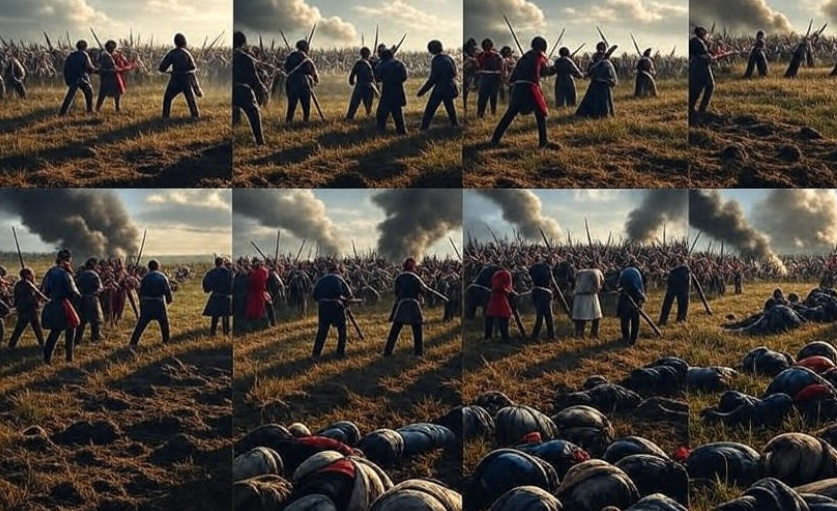
Why These Battles Still Matter Today
When we study these battles, we’re not just looking at war stories. We’re looking at moments where the direction of human history shifted. Without Marathon, democracy might not have survived. Without Waterloo, Europe could be under one empire. Without D-Day, the map of the modern world could be completely different.
These battles shaped culture, language, politics, and even technology. They remind us how fragile history can be—one different outcome, and everything changes.
FAQs
Q1: Which was the bloodiest battle in history?
The Battle of Stalingrad is often considered the bloodiest, with nearly 2 million casualties.
Q2: Which battle had the biggest cultural impact?
Probably the Battle of Hastings, since it completely changed the English language and culture.
Q3: How did small armies defeat larger ones in some of these battles?
Strategy, discipline, and sometimes technology (like the longbow at Agincourt) allowed smaller armies to overcome massive odds.
Q4: What lessons can we learn from these battles?
That determination, leadership, and smart planning can change everything—even when the odds seem impossible.
Q5: Are there modern battles as important as these?
Yes, but the battles of the world wars (like Normandy and Stalingrad) are the closest modern equivalents that truly reshaped global politics.
You may also like 12 Historical Figures Who Shaped the Modern World

